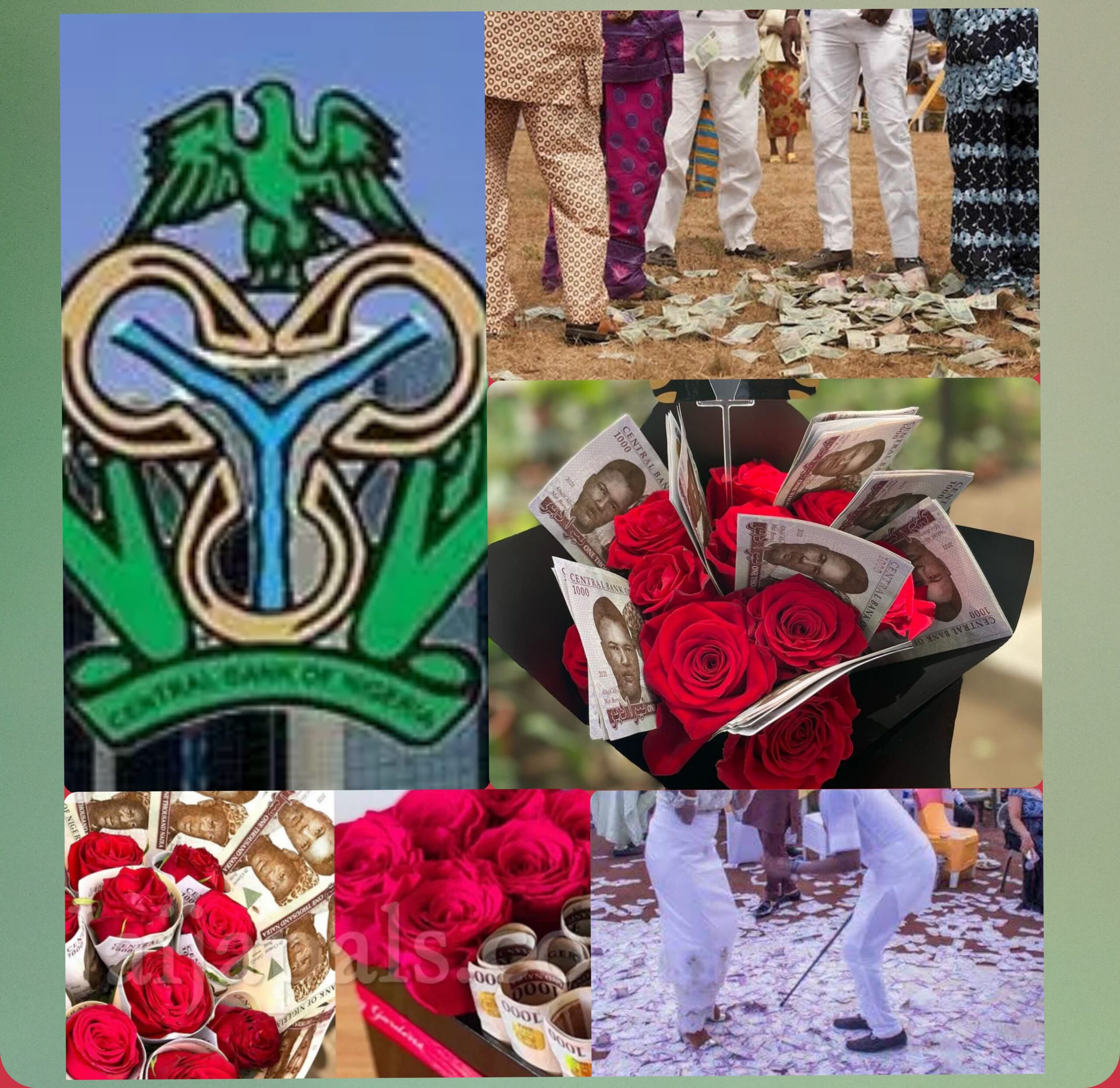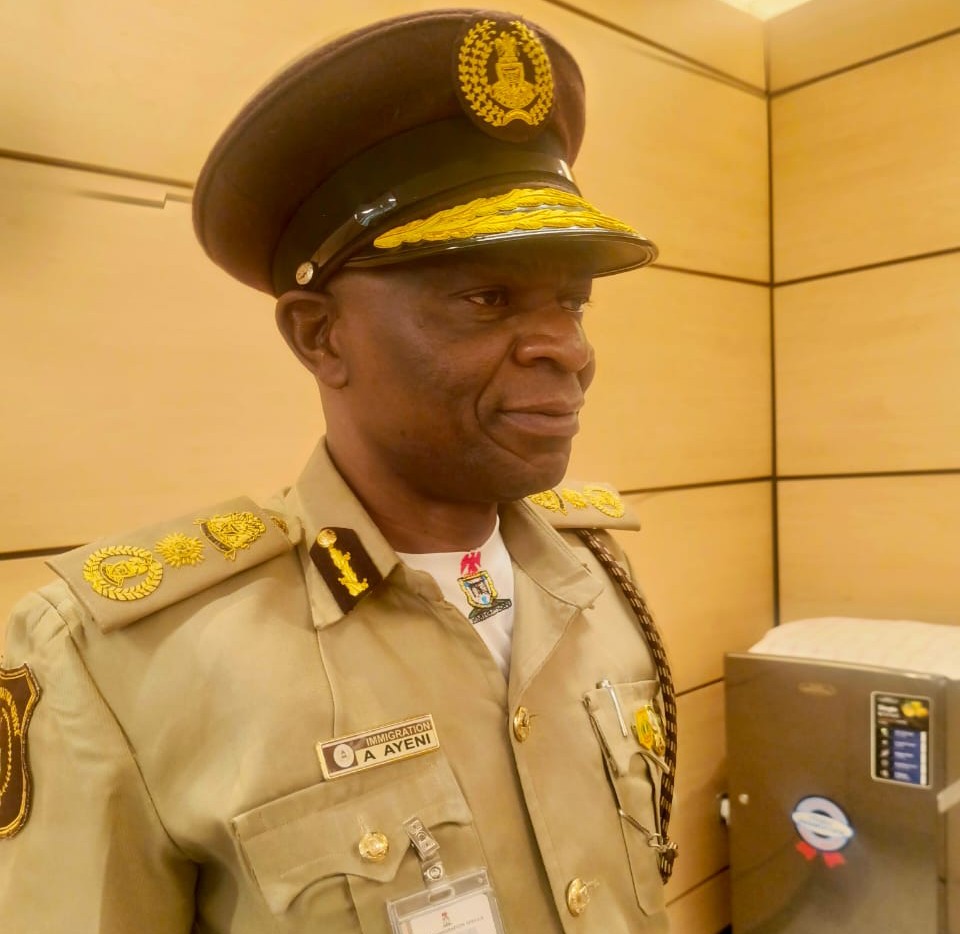By Nudoiba Ojen
The Central Bank of Nigeria (CBN) has listed activities that amount to abuse of the country”s currency, Naira.
These, according to the apex bank as listed on its official website, are:
1. Spraying: It is against the law to spray the Naira banknotes at occasions.

2. Writing: It is against the law to write on banknotes.
3. Stapling: It is against the law to staple the banknotes as the pins can cause corrosion of the banknotes.
4. Tearing: It is also against the law to tear the banknotes
5. Soiling: It is against the law to dance/stamp on the Naira banknotes. Do not stain the banknotes with oil or ink, as this is also a form of defacing.

6. Sale: It is against the law to sell currency banknotes.
7. Mutilation: A person who tampers with the Naira note or coin is guilty of an offence, punishable by law (CBN Act Section 21).
8. Rejection: It is against the law to reject the Naira (Section 20 subsection 5).
9. Money bouquets: The CBN also in February 2023 identified money bouquets as a type of naira abuse.

Also, the CBN also mentioned five implications of improper handling of the Naira. These are:
1. Increase in currency management costs due to the high cost of banknotes replacement.
2. Defaced/torn banknotes slow down sorting process resulting in lower output of clean banknotes.
3. Erodes the sense of pride and confidence that Nigerians should feel in their currency.
4. Any form of defacement of the currency is a form of ridicule on the nation.
5. Prevalence of dirty banknotes in circulation is potential health hazard to the citizenry.

It would be recalled that only last week, Justice Abimbola Awogboro of the Federal High Court, Lagos, sentenced controversial cross-dresser, Idris Olanrewaju Okuneye, popularly known as Bobrisky, to six months imprisonment without an option of fine for abusing the Naira.
Also on Wednesday, the EFCC arraigned a Nigerian socialite, Pascal Okechukwu, popularly known as Cubana Chief Priest before Justice Kehinde Ogundare of the Federal High Court in Lagos over alleged Naira abuse.
Cubana Chief Priest, who pleaded not guilty, was granted N10m bail and the matter adjourned.

The Clean Notes Policy of the CBN was implemented with the aim of enhancing the visual appeal and durability of the banknotes in circulation, as stated on the official website of the apex bank.
According to the CBN, the objective is to guarantee that the naira banknotes in circulation maintain a high standard of quality, enabling them to be easily processed and accepted by the general”
Enlightening further on the Naira and the Law, the apex bank said, “The CBN is responsible for the issuance of the Naira and kobo (Sections 17, 18 and 19).
“It is against the law for any individual or establishment outside the Central Bank of Nigeria, to print money or be in possession of counterfeit notes.
“If you are caught and convicted of a counterfeiting crime, you may face up to five (5) years imprisonment with no option of fine (Section 20).”




